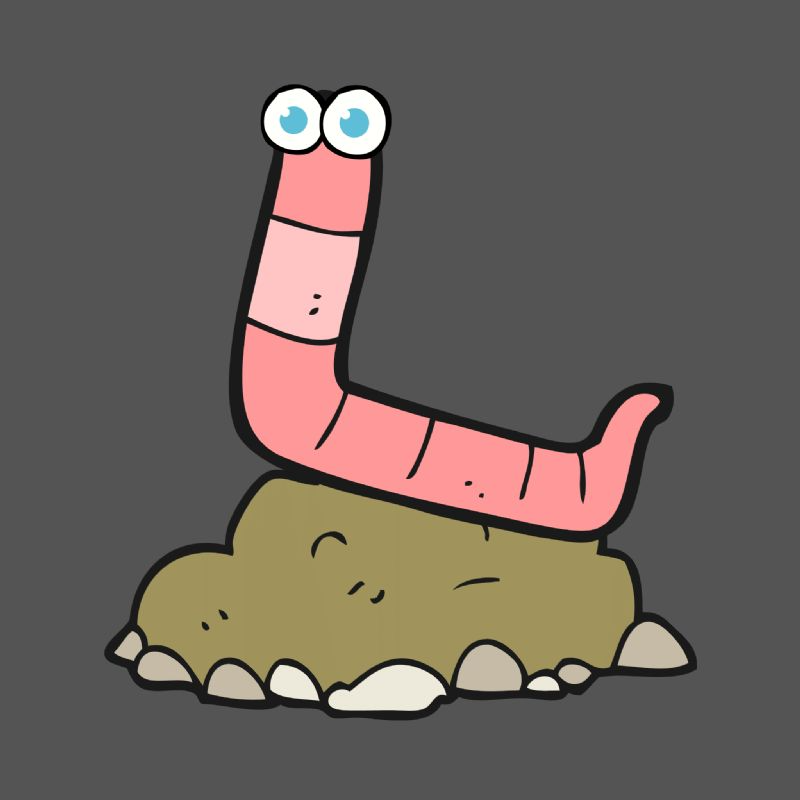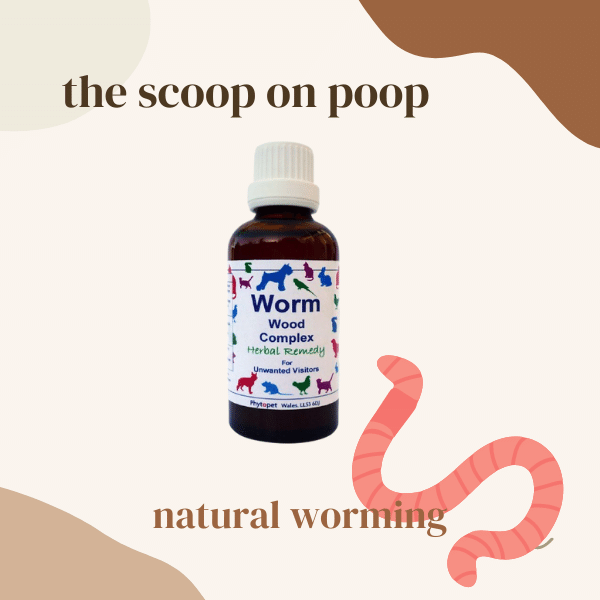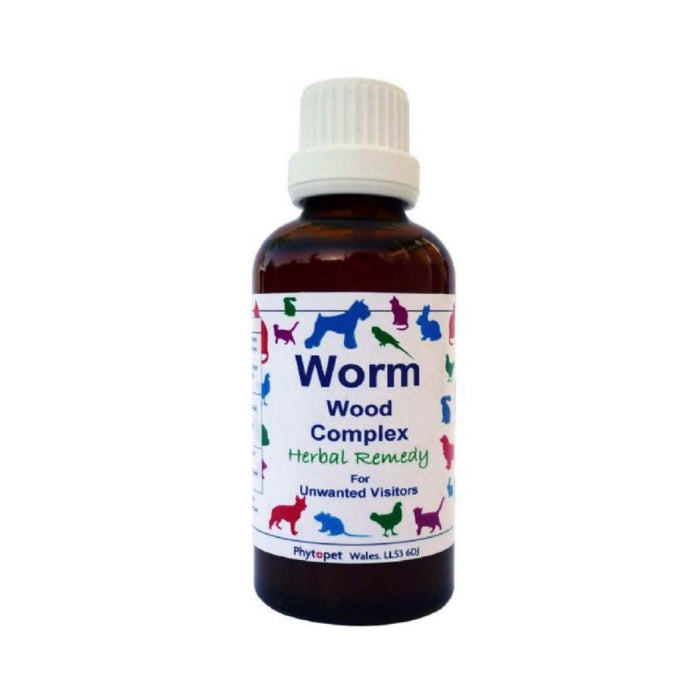
Worms in dogs are very common - in fact most dogs carry worms at some point in their lives. worm eggs are present everywhere - in water bowls, on toys, blades of grass. And if your dog has fleas then they are very likely to have worms too as fleas and worms have an interdependent life cycle.
In many cases, worms go undetected. Their eggs are invisible to the naked eye so your dog will swallow the larvae while playing with his/her favourite toy and the eggs then attach themselves to your dog's stomach lining. You may not notice that your dog has worms at all but if left untreated and in severe cases your dog will start to lose condition and become very unwell. Puppies may have a pot belly and a dry, out of condition coat. It may even lead to death (especially in the case of lungworm or with very heavily infested puppies) so it is very important to treat worms as soon as possible.

Natural Ways to Treat Worms
How you choose to control worms is entirely up to you. Many dog owners prefer not to use heavy duty chemical wormers on their dogs on a regular basis. The good news is that there are natural ways to deal with worms effectively.
Herbal Remedies to Treat Worms
Wormwood Complex is a natural herbal supplement which is added to dog food. Wormwood Complex can be used to both treat a dog with worms or to prevent them. Used as a preventative it should be used once per month. For a dog with worms, add to dog food on a daily basis for 3 days. Wormwood Complex contains wormwood, walnut, garlic and clove. It is so gentle that it can be used on puppies, kittens and even birds. For dogs with lungworm please see your vet asap.
Dietary
To help prevent worms try adding grated carrot or beetroot, pumpkin seeds and/or raw bones to your dog's diet. These foods act like a brillo pad on the stomach lining and help to expel any parasites in your dog's intestine.

Wormwood Complex
Wormwood Complex is a combination of herbs traditionally used for parasitic infestations. Due to the symbiotic nature of fleas and tapeworms a pet with fleas is also likely to have worms. Ingredients include: Wormwood, Walnut, Garlic & Clove. N.B.
Due to the gentle yet effective nature of this combination you can safely give Wormwood Complex to puppies, kittens and birds, including poultry. The combination can also be used as a prophylactic, given once per week, fortnight or month.
Wormwood Complex is added to food. Made in UK by Phytopet
For a complete flea, worm and tick treatment, try our NEW Flea and Worm All in One package which includes 3 of our favourite flea and worm prevention and treatment remedies, a FREE bottle of itchy dog shampoo worth £6.99, a flea comb and a tick remover. All for just £27.99